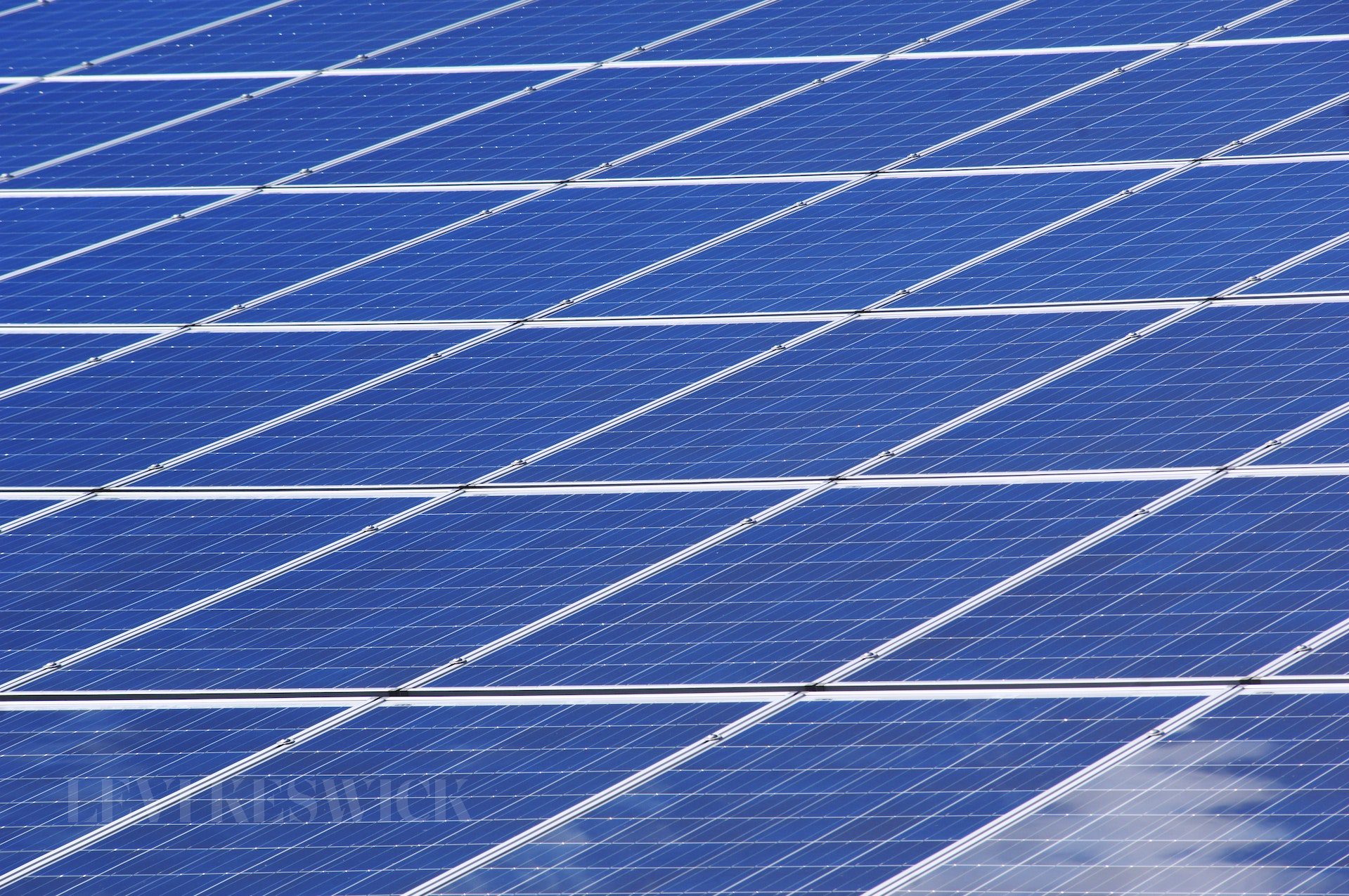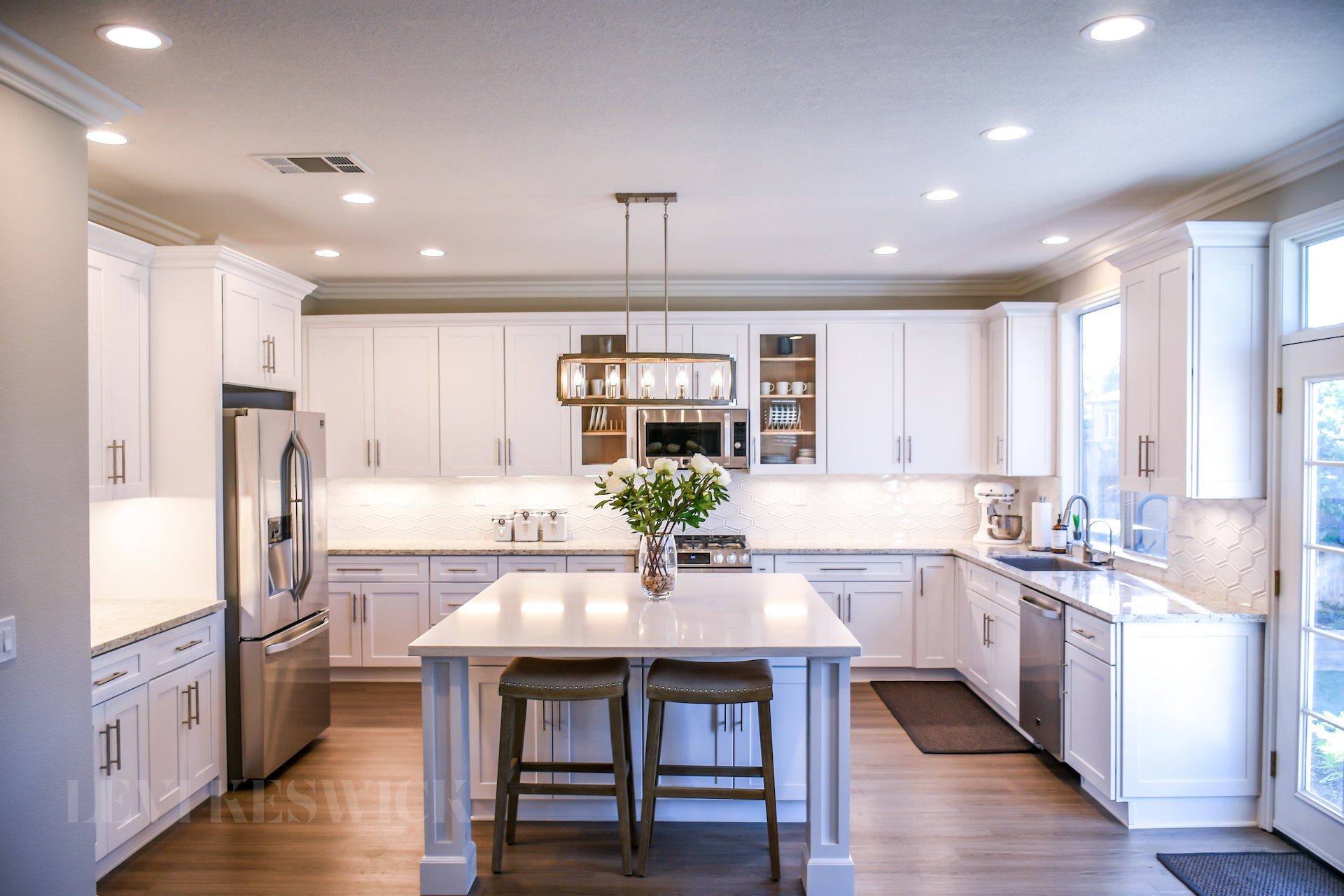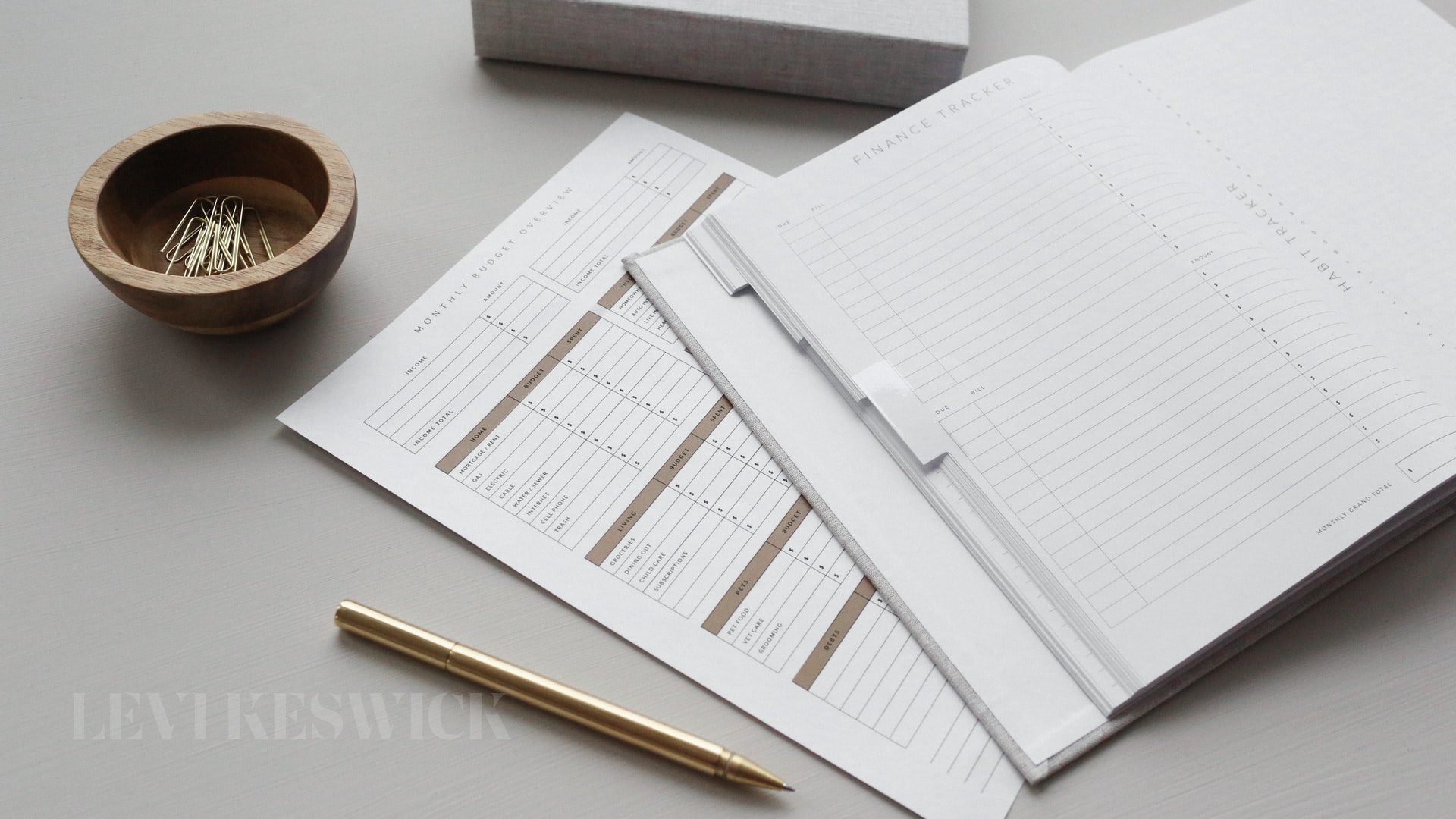Are you considering going solar but don’t know where to start? With the costs of solar energy continuing to drop, more and more homeowners are making the switch. But even with the ever-decreasing prices, a successful transition to solar power can still seem costly and complicated. This Homeowner’s Guide is designed to help you make the switch to solar on a budget.
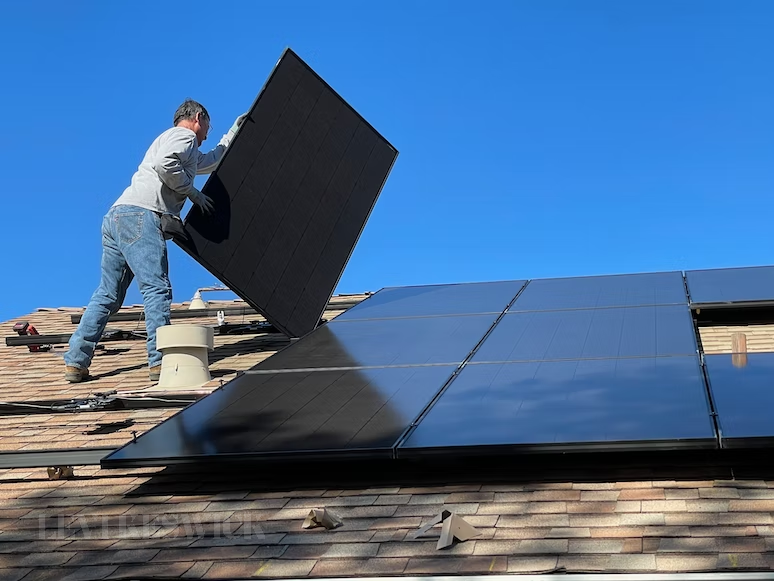
Take your time to research and prepare
Taking the time to research and prepare can help you make an informed decision about whether or not going solar is right for you. There are many factors that go into making the decision, such as your location, house size, budget, and even the condition of your roof. We’ll walk you through all of the steps you need to take in order to make a successful switch to solar.
In addition, before you begin, it’s important to understand the basics of solar energy. Understanding how solar works and what components are involved can help you make a more informed decision about whether or not going solar is right for you. Use this guide to learn more about solar energy, how it works, and what components you need for your system
Determine how much energy your household uses
The first step is determining how much energy your home currently uses. This will give you a better understanding of how much power you’ll need from solar panels in order to completely transition away from traditional energy sources. Once you have an estimated amount, research different types of solar panels to see which one is best suited to your needs. For instance, if you are looking to power your entire home, then a larger system may be necessary. Meanwhile, if you’re just looking to power some appliances or outdoor lighting, then a smaller system may be sufficient.
Understand the costs associated with going solar
The cost of a typical residential solar system can vary greatly depending on factors such as size, location, and configuration. In addition to the cost of the panels and other equipment necessary to install a solar system, there are other costs associated with going solar. These include permits, inspections, and installation fees. Understanding the various costs associated with going solar can help you better prepare for budgeting and financing your switch to solar energy.
Choose the right installer
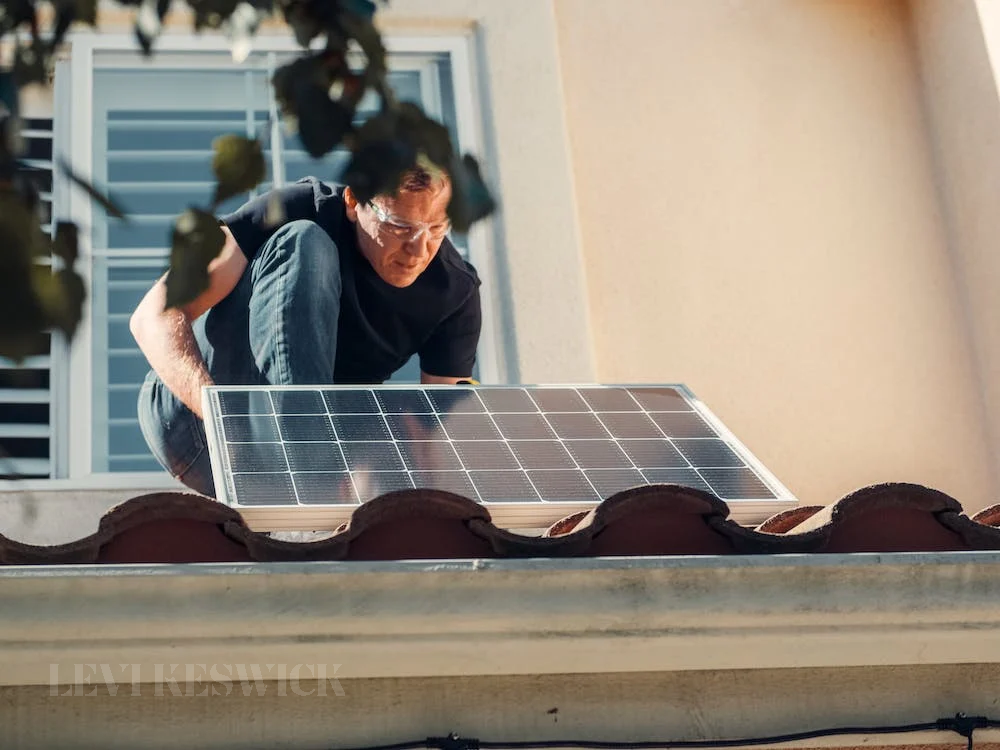
Choosing the right installer is one of the most important steps when it comes to making the switch to solar. A good installer will be able to explain all of the options available and help you make an informed decision about which system is right for your home. Additionally, they should be able to answer any questions you may have and provide guidance on everything from financing to maintenance.
Know the budget you are working with
Knowing your budget is essential when selecting solar products. Solar panels come in various sizes and configurations, so it’s important to know how much you can afford to spend on a system. Additionally, there are various financing options available that can help make the switch to solar more affordable. Research these options carefully before making any decisions.
For example, some installers offer options such as no-money-down financing or even leasing agreements. Understanding what type of solar financing is available to you and how much it will cost can help you make an informed decision about whether or not going solar is right for you.
Understand the financial incentives available
In addition to financing options, there are a variety of financial incentives available for homeowners who make the switch to solar. These include federal and state tax credits, as well as rebates from local energy companies. Understanding these incentives can help you save money on the installation of your system, making it more affordable in the long term.
In addition, some states offer additional incentives and programs designed to promote the adoption of solar energy. Taking advantage of these programs can help make the switch to solar more affordable.
Take advantage of solar maintenance services
Once you have installed your solar system, it’s important to stay up-to-date on proper maintenance. This can help ensure that your system continues to run efficiently and effectively, providing you with clean energy for years to come. Reputable installers should be able to provide advice on how often you should maintain your system as well as offer solar maintenance services if needed.
Finally, it’s important to keep in mind that the switch to solar energy is a long-term investment. Taking the time to research and prepare can help you make an informed decision about whether or not going solar is right for you and your home. With careful preparation and planning, you can save money and get the most out of your switch to solar energy. With this guide as a starting point, you’ll have all the information you need to make an informed decision and begin your journey toward clean, renewable energy.



